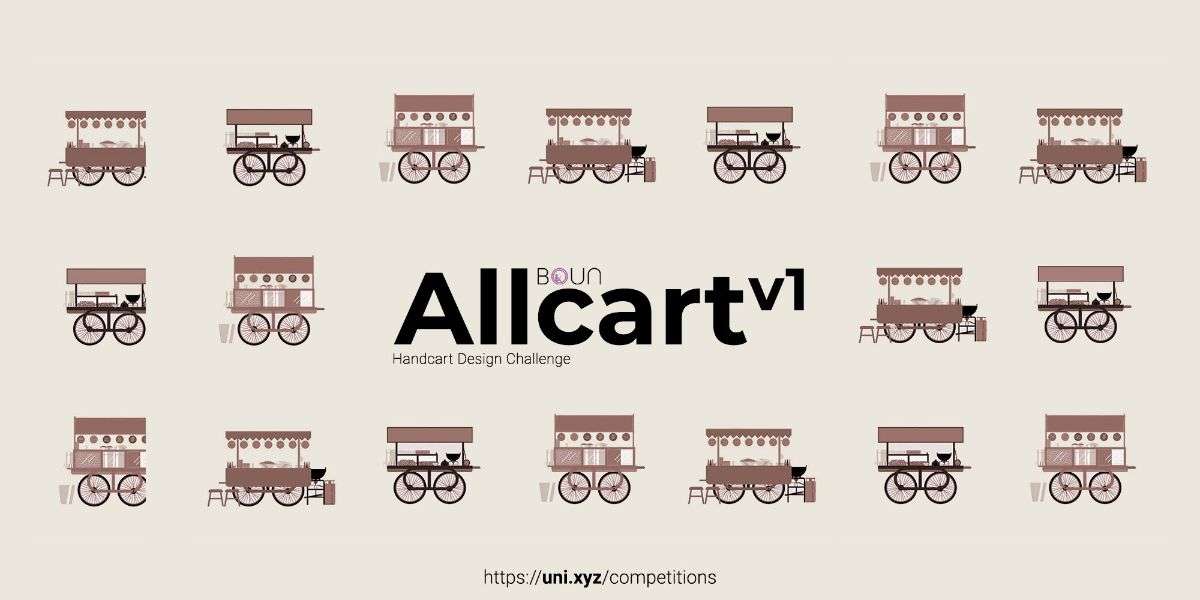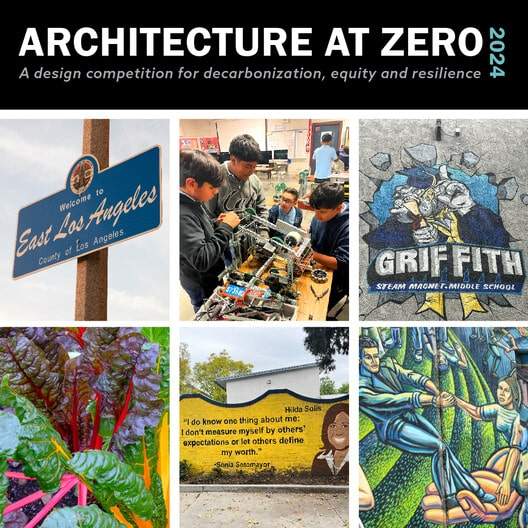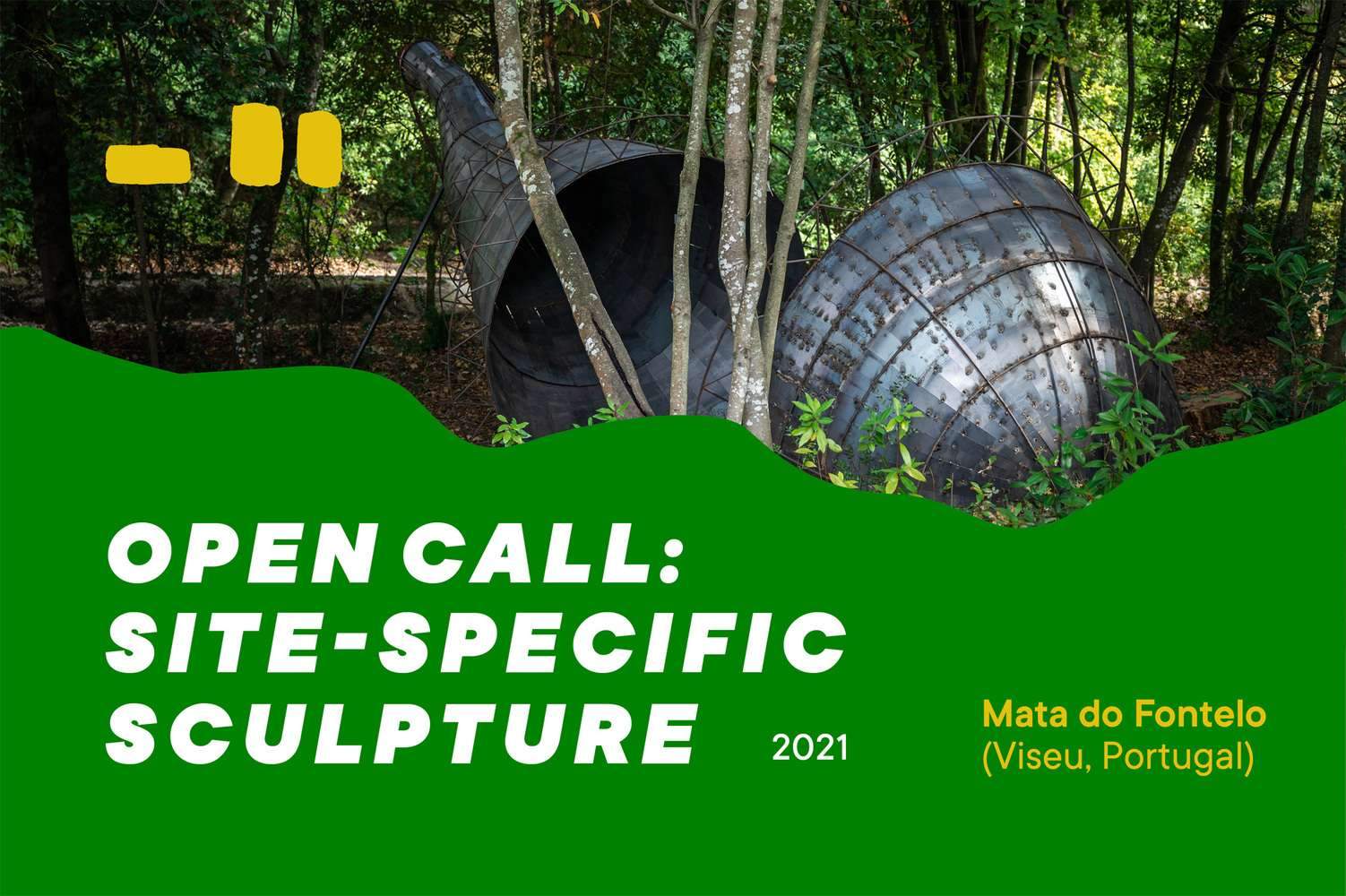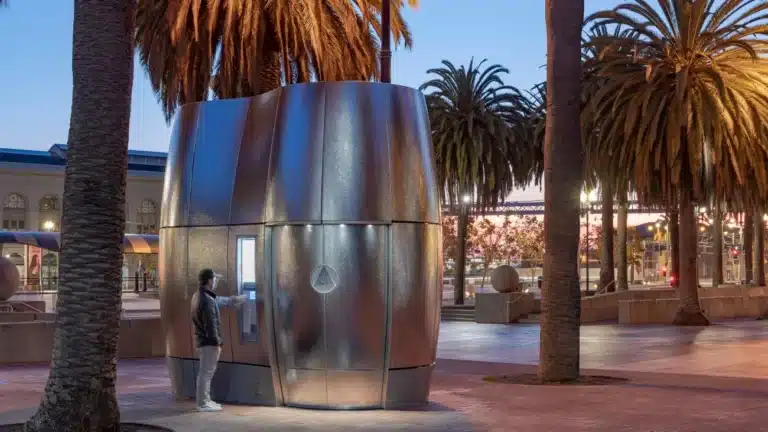Garden of Knowledge
The Garden of Knowledge competition invites architects and designers to contribute to the rich history of Almo Collegio Borromeo in Pavia, Italy. Established in 1561 by Charles Borromeo, this prestigious institution has long been a center for intellectual dialogue and cultural development. The competition aims to revitalize a vast green area, previously used for vegetable gardens and orchards, into a public space that embodies beauty, community, and connection.
Objectives of the Competition
The overarching goal is to integrate contemporary architecture with the historic significance of Almo Collegio Borromeo, creating a harmonious space that resonates with the institution’s legacy. Participants are challenged to design innovative interventions that enhance the existing landscape while respecting the college’s architectural heritage. This initiative seeks to provide a gathering space that encourages engagement and fosters relationships among visitors and the local community.
Prizes and Recognition
The competition offers substantial prizes, with a total of €15,000 awarded to the winners. The prize distribution includes:
- First Prize: €8,000
- Second Prize: €4,000
- Third Prize: €2,000
- Gold Mentions: Two awards of €500 each
- Honorable Mentions: Ten awards
- Finalist Mentions: Thirty awards
Winning projects will receive recognition through publication on architectural websites, magazines, and platforms, along with opportunities for display at national and international architectural events.
Timeline of the Competition
Adherence to deadlines is critical for participation. The registration phases are as follows:
- Early Bird Registration: October 7, 2024 – November 10, 2024 (€65 per team)
- Standard Registration: November 11, 2024 – December 15, 2024 (€85 per team)
- Late Registration: December 16, 2024 – January 12, 2025 (€115 per team)
- Submission Deadline: January 15, 2025
Conclusion
The Garden of Knowledge competition presents a unique opportunity for architects and designers to engage with a historic institution while contributing to its ongoing narrative. By creating a space that merges contemporary design with the rich history of Almo Collegio Borromeo, participants can play a vital role in shaping the future of this cultural landmark.
Finally, find out more on ArchUp:







